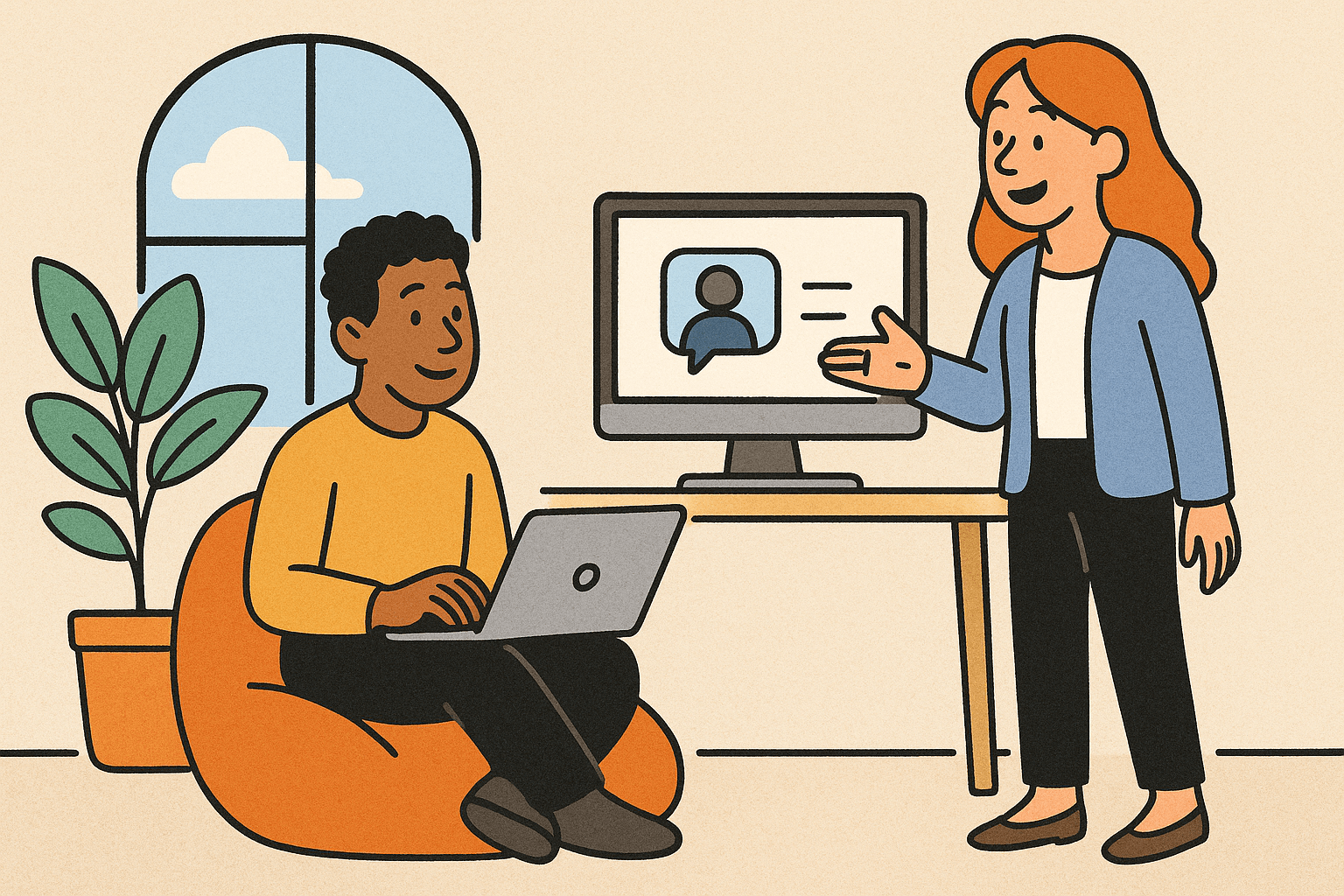The fast-paced, high-pressure world of events has never been known for its work-life balance but that’s changing. In the wake of the pandemic, UK event agencies have taken a hard look at how they support, retain, and inspire their teams. The result? A wave of cultural reinvention that’s reshaping the industry from the inside out.
Here are six ways agencies are rewriting the rules.
1. Flexible models that actually work
Hybrid working isn’t a trend, it’s the new standard. Many agencies have adopted flexible models that go beyond “WFH Fridays”, empowering teams to design schedules that suit both creativity, caregiving and flexibility.
For example, CTL Communications operates as a fully remote organisation and fund office spaces for those who may prefer to work outside of their home.
2. Creative sabbaticals and personal growth time
To avoid burnout and boost long-term retention, some agencies are offering structured sabbaticals, paid passion project or “creative resets”.
3. Mental health first policies
Many agencies have introduced mental health policies, spanning from free access to self-help apps and talking therapies to breathwork classes and ice baths.
For example, Strata promote ‘the right to disconnect’, encouraging all employees to respect personal time by avoiding out-of-hours emails or messages unless urgent, and to use tools like ‘delay send’, reminders, ‘do not disturb’ and diary blocks to help manage their time effectively.
4. New approaches to leadership and feedback
Top-down hierarchies are giving way to flatter, more collaborative models.
Things such as peer feedback loops, reverse mentoring and rotating team leads are coming in to help democratise decision making.
The emphasis is on transparency, continuous feedback, and giving junior staff more visibility on how strategy is shaped.
Diversity, equity and inclusion are finally being woven into agency culture—not just recruitment.
5. DEI that goes beyond the checklist
Agencies are forming internal culture councils, offering anonymous reporting tools, and setting up mentorship pipelines for underrepresented ta
6. Wellbeing-first event delivery models
Event delivery used to mean all-nighters and last-minute stress. Now, many agencies are rethinking how events are staffed and resourced.
This includes advance scheduling, enforced time off after major events, and rotating team members across projects to avoid fatigue.
Post-pandemic, it’s clear that agency culture isn’t just a nice-to-have, it’s a competitive edge. The agencies embracing flexibility, wellbeing, and purpose are not only attracting top talent but also delivering more inspired, sustainable work.















